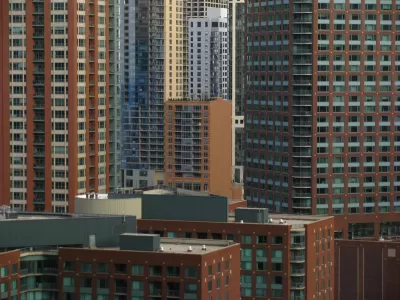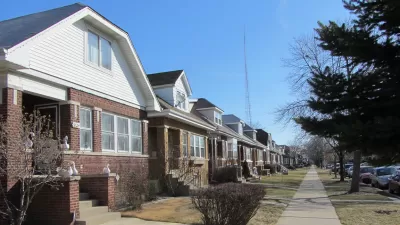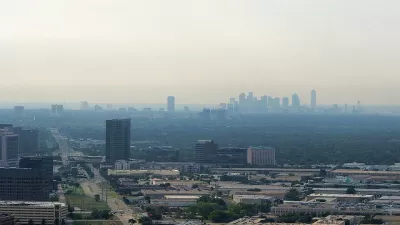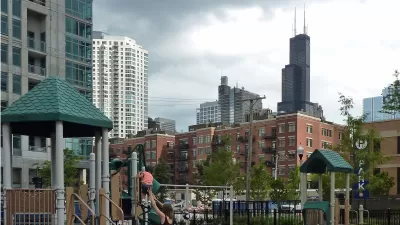The Urban Institute and the Metropolitan Planning Council studied the social and economic impacts of segregation in the Chicago region.

Racial and economic segregation costs Chicago about $8 billion in annual GDP, according to a report from the Metropolitan Planning Council and the Urban Institute.
The high degree of segregation in Chicago is "not new information" in itself, a researcher told Chicago Tonight. But its effects—as felt in the areas of economic growth, educational attainment, and crime rates—have now been more thoroughly quantified.
For example, the report notes that the Chicago region could earn $4.4 billion more in income if it were only as segregated as the current national median. But without a change in course, even that level of desegregation could take until the year 2070. Researchers at MPC and the Urban Institute will now begin studying potential policy actions that could accelerate that pace.
FULL STORY: Report: Segregation Costs Chicago, Residents Billions Annually

Study: Maui’s Plan to Convert Vacation Rentals to Long-Term Housing Could Cause Nearly $1 Billion Economic Loss
The plan would reduce visitor accommodation by 25,% resulting in 1,900 jobs lost.

North Texas Transit Leaders Tout Benefits of TOD for Growing Region
At a summit focused on transit-oriented development, policymakers discussed how North Texas’ expanded light rail system can serve as a tool for economic growth.

Why Should We Subsidize Public Transportation?
Many public transit agencies face financial stress due to rising costs, declining fare revenue, and declining subsidies. Transit advocates must provide a strong business case for increasing public transit funding.

How to Make US Trains Faster
Changes to boarding platforms and a switch to electric trains could improve U.S. passenger rail service without the added cost of high-speed rail.

Columbia’s Revitalized ‘Loop’ Is a Hub for Local Entrepreneurs
A focus on small businesses is helping a commercial corridor in Columbia, Missouri thrive.

Invasive Insect Threatens Minnesota’s Ash Forests
The Emerald Ash Borer is a rapidly spreading invasive pest threatening Minnesota’s ash trees, and homeowners are encouraged to plant diverse replacement species, avoid moving ash firewood, and monitor for signs of infestation.
Urban Design for Planners 1: Software Tools
This six-course series explores essential urban design concepts using open source software and equips planners with the tools they need to participate fully in the urban design process.
Planning for Universal Design
Learn the tools for implementing Universal Design in planning regulations.
City of Santa Clarita
Ascent Environmental
Institute for Housing and Urban Development Studies (IHS)
City of Grandview
Harvard GSD Executive Education
Toledo-Lucas County Plan Commissions
Salt Lake City
NYU Wagner Graduate School of Public Service





























